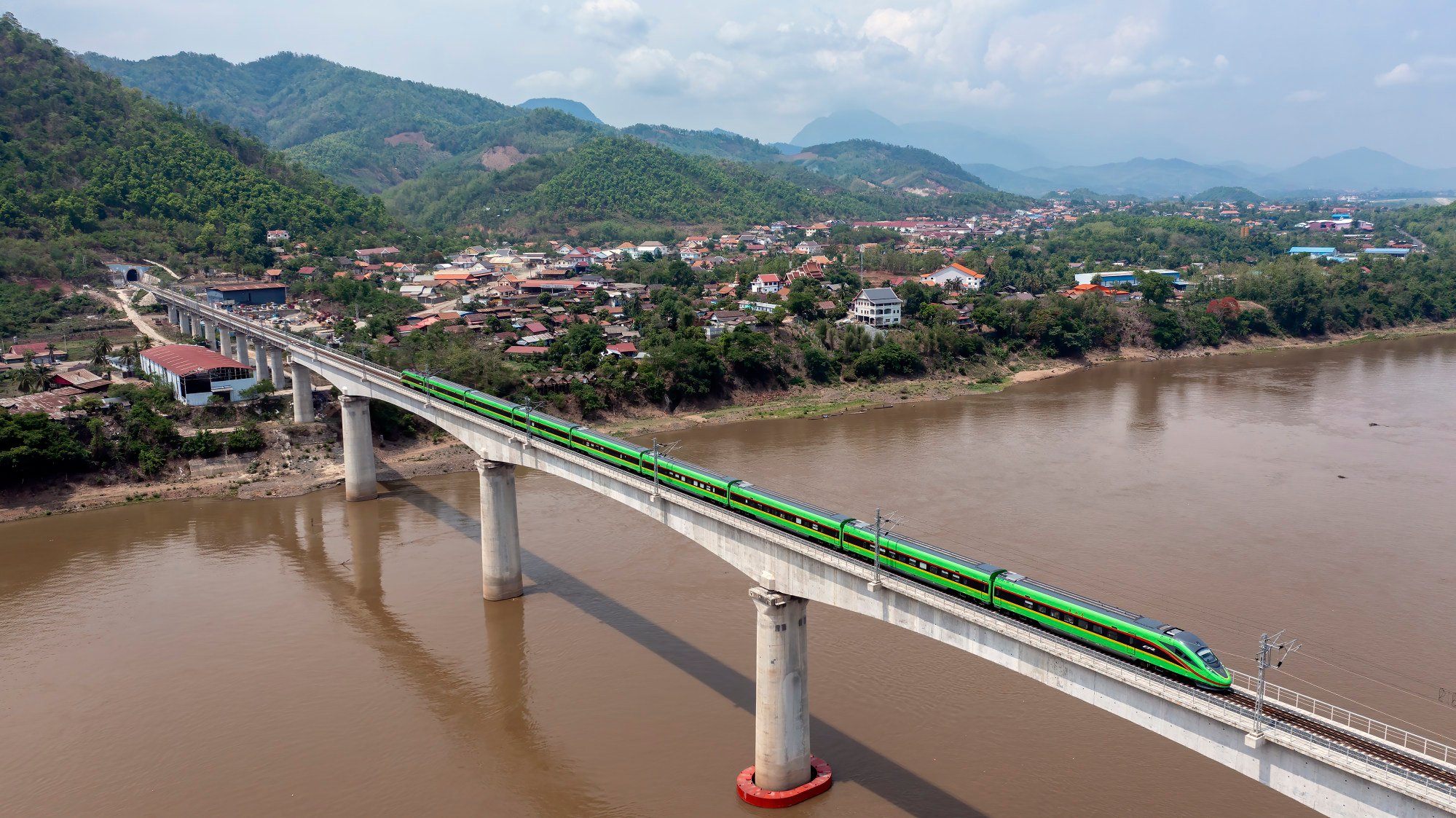[ad_1]
The cooperation will help foster mutual benefits and development for all parties, said Christopher Hui Ching-yu, Secretary for Financial Services and the Treasury.

Vietnam and Laos are part of the 10-member Association of Southeast Asian Nations or Asean. China is Asean’s largest trading partner, with bilateral trade rising to US$975.3 billion in 2022 from US$641.5 billion in 2019, according to official statistics.
In his meetings with state officials and regulators in Vietnam and Laos, Hui said he highlighted the rapid growth of the yuan market in Hong Kong, now the largest offshore yuan trading market outside mainland China. Some 388 billion yuan (US$54.3 billion) have also been raised from bond sales in the first 10 months, versus 263 billion yuan in all of 2022.
“I encourage the two governments to consider the benefit of issuing yuan bonds to enjoy lower interest-rate costs, and they could consider issuing offshore yuan [sovereign] bonds in Hong Kong,” Hui added.
Hong Kong began developing the city as a yuan trading centre in 2003 as part of China’s efforts to internationalise its currency. The city handles about 75 per cent of offshore yuan settlement, while deposits have surpassed 1 trillion yuan in local banks. Hong Kong Exchanges and Clearing, or HKEX as the stock exchange operator is known, has also enabled some stocks to be traded in yuan since June.
Beijing in October allowed Laos to operate a yuan clearing centre, the fifth market in Southeast Asia.
Hui said Hong Kong’s decision in October to ease visa rules will also help promote talent exchange between the countries. Chief Executive John Lee Ka-chiu, in his policy address in October, accorded Vietnamese a two-year multiple-entry visa into the city, subject to a 14-day limit on each visit.
“Vietnam had a strong 8 per cent GDP growth last year, attracting Asian and Hong Kong investment,” Hui said. “Some Vietnamese start-ups have also decided to set up in Hong Kong and Laotians could also come to study and work in Hong Kong.”
Green and sustainable finance is another area of possible cooperation, Hui added, as Vietnam and Hong Kong both aimed to achieve a net-zero target for carbon emissions by 2050. HKEX could also share its experience on climate-related disclosure, after imposing climate-change reporting requirements from January 2025.
[ad_2]
Source link
